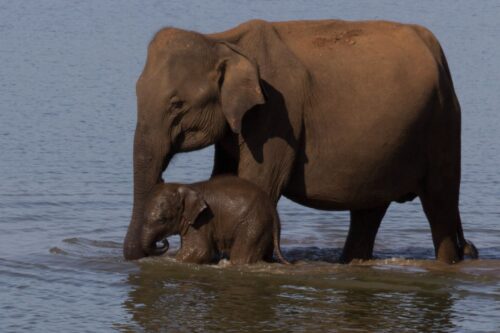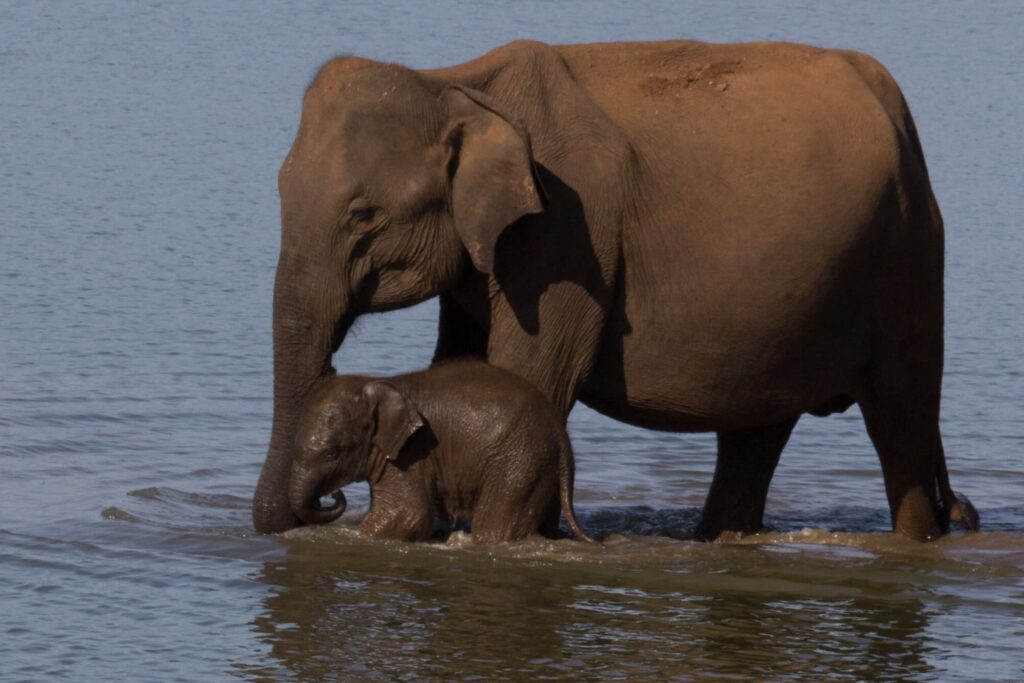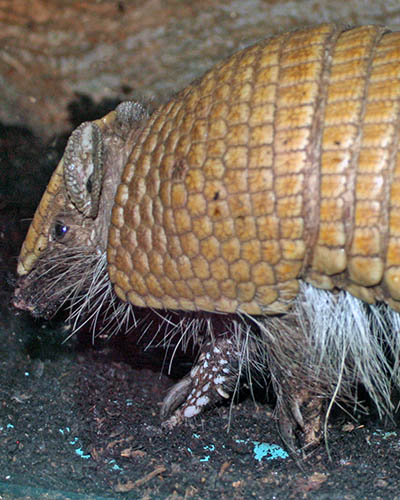
Biodiversity Loss Collaboration and Partnerships
International and Domestic Perspectives on Biodiversity and Health Policy Trends
This Health and Global Policy Institute (HGPI) policy column highlights growing global momentum to address biodiversity and human health in national strategies through a “One Health” perspective. The column reviews recent developments such as the Kunming-Montreal Global Biodiversity Framework (GBF) and Japan’s “National Biodiversity Strategy 2023–2030”, which links ecosystem services to human health.
• Policy Briefs, Research & Reports




